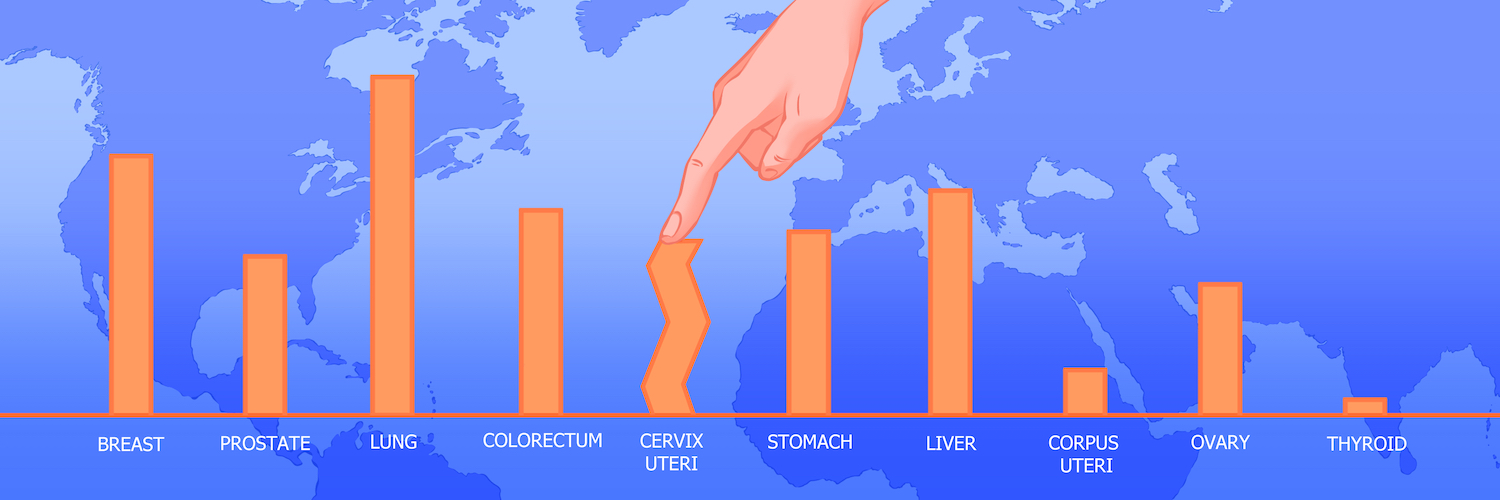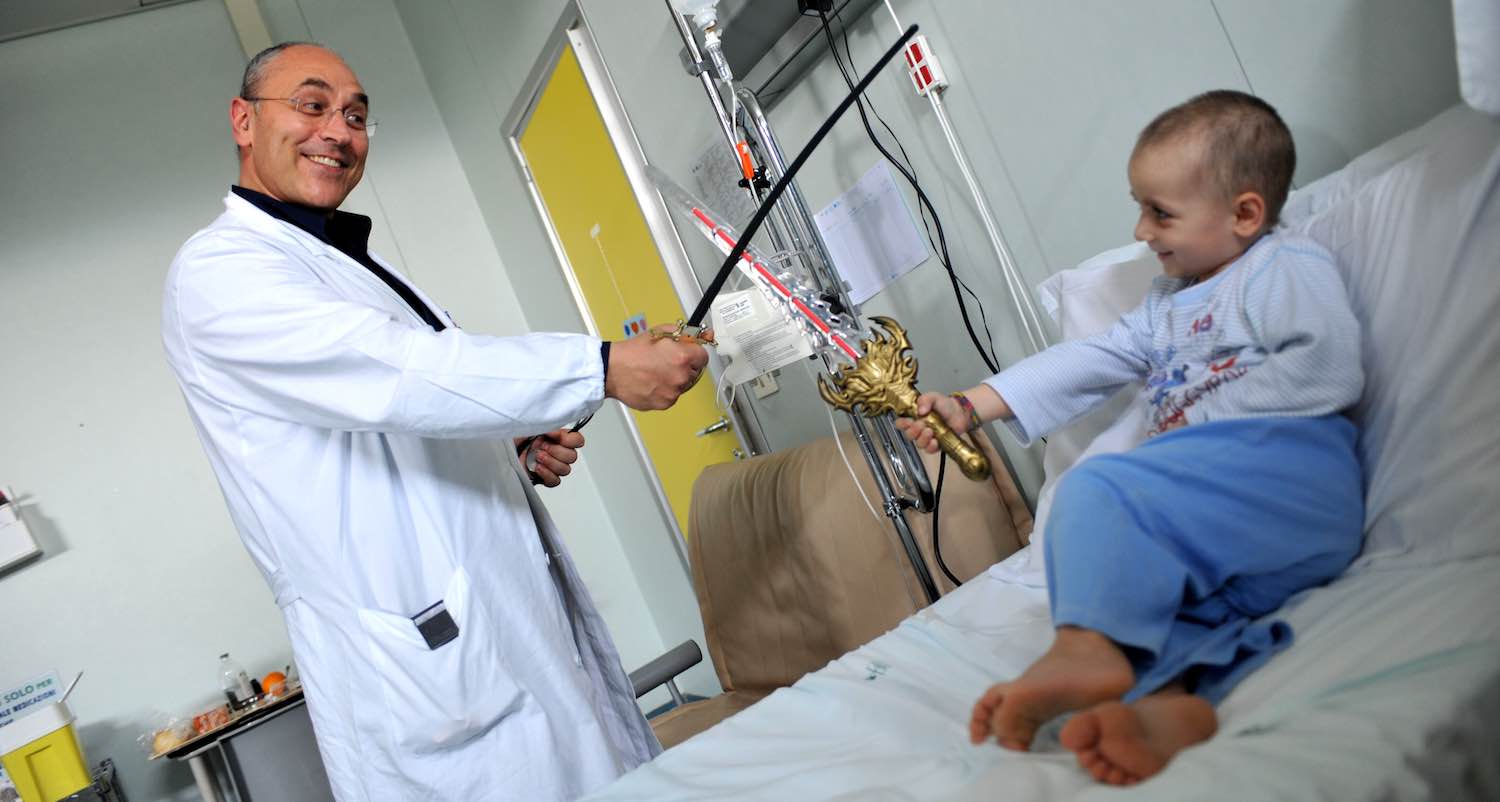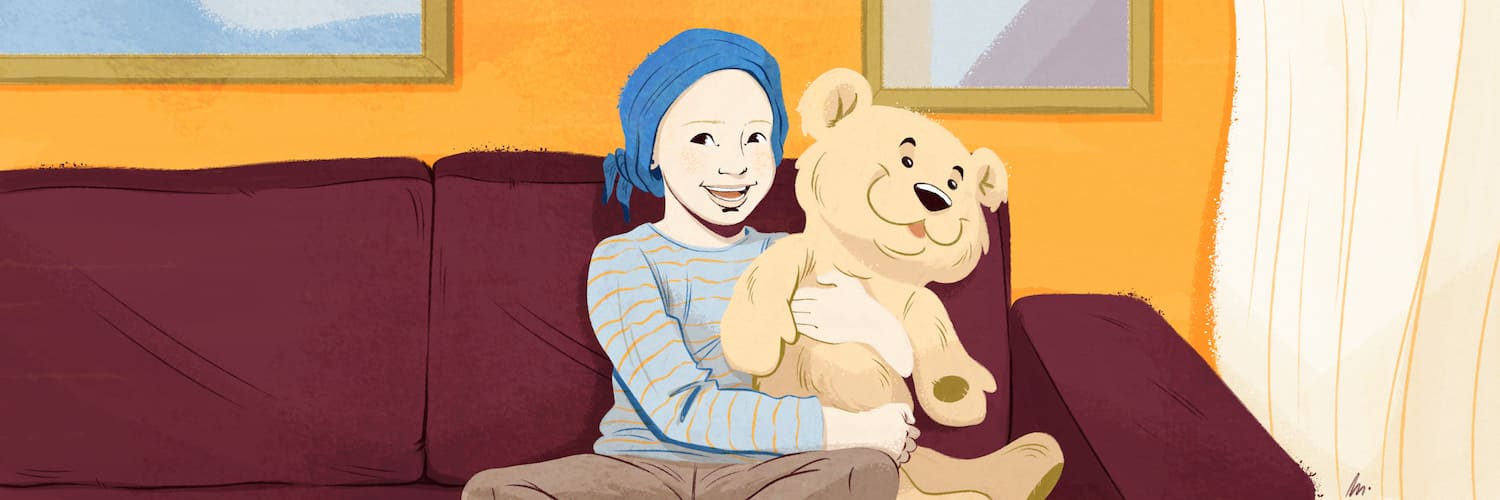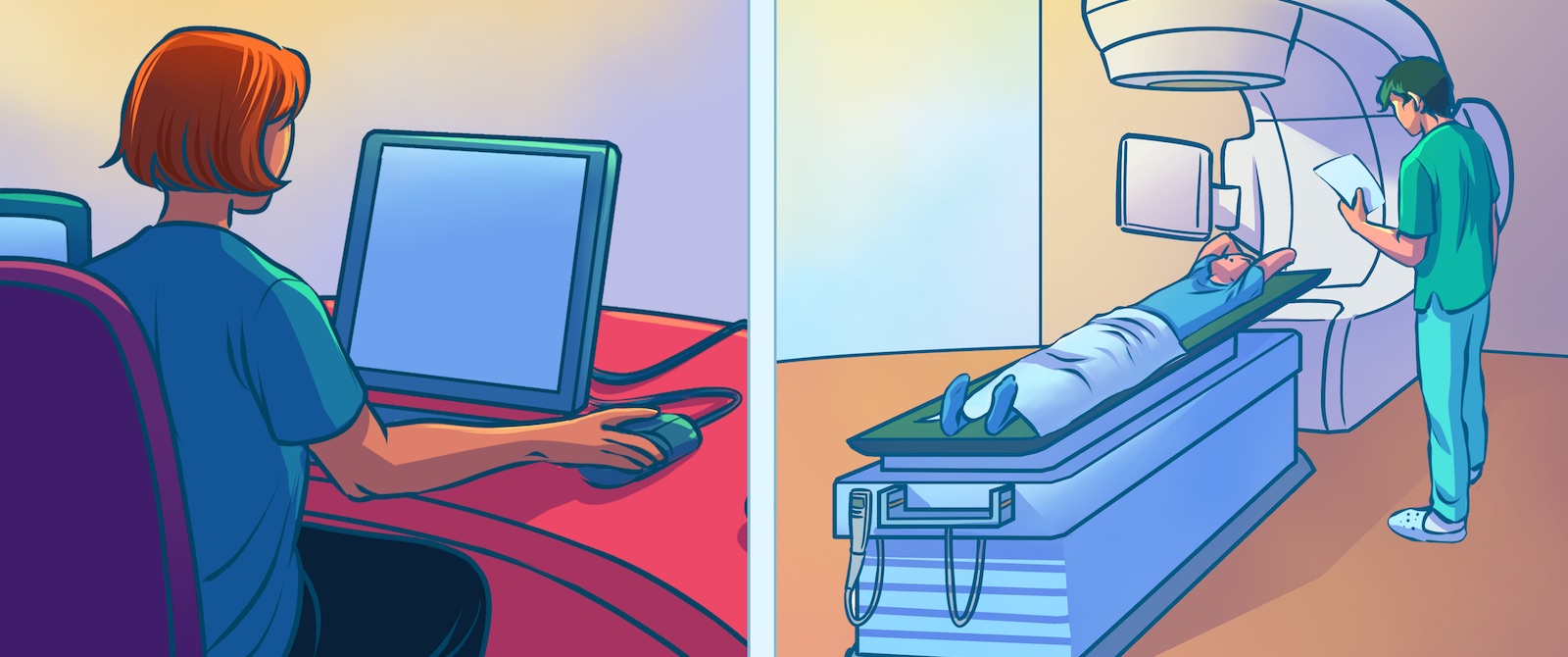Posts by author
Sophie Fessl
Global elimination: securing a future free from cervical cancer
August 7th 2020, much of the world was in various states of lockdown, anxiously awaiting news about progress in development of vaccines against the new SARS-Cov-2 virus, which by then had taken the lives of almost 1 million people. But…
Chemobrain: it’s real, it’s troublesome and it deserves more attention
Fiona Henderson was part way through her psychology degree when she received her breast cancer diagnosis. Right after treatments finished, she returned to her studies – initially without a problem. “Three or four months later, I really struggled. I was…
Informal carers play a key role in cancer care: they need and deserve more support
What is it worth to patients to have someone they can rely on to provide emotional support and talk things through, help them get to and from appointments, remind them about what medicines to take and when, help them eat…
Surviving childhood cancer: how we standardise care across Europe
When Lejla Kameric’s daughter was treated for non-Hodgkin’s lymphoma, the twelve-year-old had to get through lumbar punctures without pain relief. “15 years ago in Bosnia, painful procedures and diagnostic activities were done without anaesthesia,” Kameric recalls. “Still now, young doctors…
Pain relief is a right: building confidence in opioid use in oncology
Opioid analgesics are essential for pain relief and pain treatment in patients with active malignant disease. Yet, in 2011, the World Health Organization estimated that, worldwide, 5.5 million people living with terminal cancer suffered from moderate to severe pain, because…
Older, frail patients are still being let down by the regulators
Hans Wildiers is frustrated. “This drug is well-tolerated in older persons – this is a very frequent conclusion in publications. And it is often not a correct conclusion,” says the immediate past president of SIOG, the International Society of Geriatric…
Who wouldn’t want to cure 100% of childhood cancers?
More than eight in ten children and young adults diagnosed with cancer now survive their disease, often going on to live long and fulfilling lives. But the serious life-long damage that is inflicted by many treatments is still a bit…
Croatia’s cancer plan showcases the value of European cancer collaboration
Croatia has caught up with the rest of the EU in adopting a national cancer control plan. Sophie Fessl looks at how using EU guidance drawn from experiences of other member states helped them ensure it is relevant, patient-centred, and…
Their fingers on the button: why neglecting radiation therapists is no longer an option
The job of a radiation therapist may sound straightforward: deliver the right dose of radiation to the right location. But it’s not. These are complex tasks that involve working with data, high-tech equipment and patients. Moreover, by doing each task…
Smoke without fire? Should cancer of unknown primary be treated as a separate disease?
Metastases, but no primary tumour – the diagnosis ‘cancer of unknown primary’ still presents great challenges, even in this age of precision oncology. Cancer of unknown primary (CUP) is an entity that encompasses a heterogenous group of metastatic cancers without…










